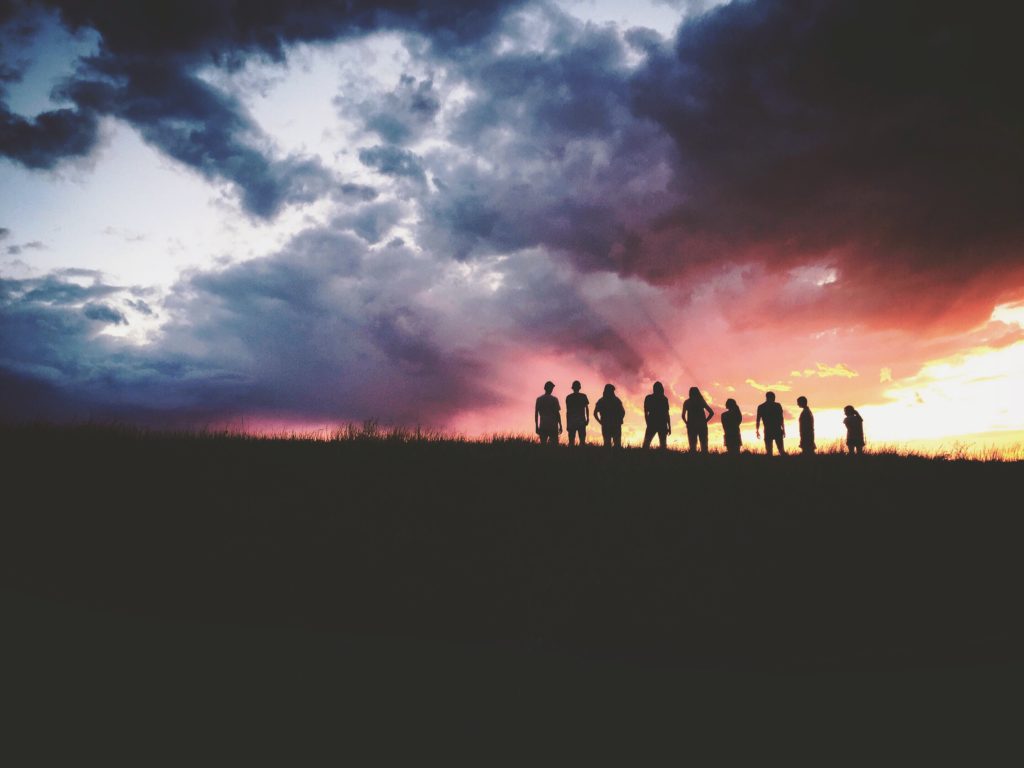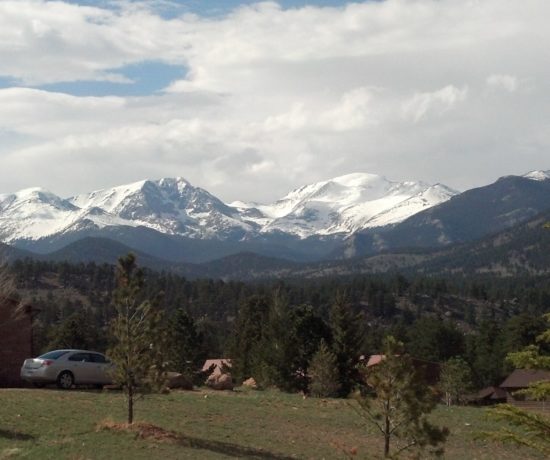
America is on fire. Literally. And for all the wrong reasons.
In the past few days we have seen rioting, looting, and buildings burning in dozens of cities across America. All of this supposedly the result of people who are angry about the death of George Floyd, an African-American man who was murdered wrongfully by a police officer in Minneapolis, Minnesota.
I am angry too. George Floyd should not have had to suffer and die as he did.
And Ahmaud Arbery, the 25-year-old jogger in Georgia who was hunted down and murdered should not have had to die either.
But violence will not cure violence.
What can we do to stop racism and bring healing?
In this post, I am listing helpful ideas from Valorie Burton, author, speaker and personal development coach. She is an amazing and talented black woman who can shed light on this important issue.
Whether you are white, black or any other skin color, here is practical help and inspiration from Valorie Burton:
“I have said many times that the first step to getting unstuck is telling yourself the truth. As a nation, dealing honestly with the truth is what will eventually set us free.
While the truth has often been denied or flat-out rejected, today, the truth often comes in the form of a smartphone. Video doesn’t lie. As Will Smith famously said, “Racism isn’t getting worse, it’s just getting filmed.”
How we deal with the truth as this point in our history will determine whether we can, as a country, move forward and live up to the ideals we so proudly proclaim, that we are a nation of liberty and justice for all.
So how can you deal with the turmoil on a personal level?
If you’re feeling emotionally drained:
1. Let yourself feel what you feel, but respond rather than react.
Whether you are feeling angry, sad, tired, or a combination of them all, give yourself permission to feel what you feel. If you need to take a break, or you find yourself unable to focus, know that that that is normal. Give yourself time to process so you can respond rather than react emotionally to news and updates.
2. Find an emotionally safe space to express your emotions.
Who is your safe space? Do you need to gather a group of like-minded friends just to talk and process? Not everyone is safe. Arguing on social media and expressing yourself to those who can’t offer the support you need will make matters worse.
3. Decide what you will do to make a positive difference.
Taking action is therapeutic. Whether contacting lawmakers, supporting organizations that are fighting for justice, giving to the legal funds of victims’ families, or having honest racial conversations in your own circle of influence, do something that makes a positive difference.
If you’re white and want to be an ally who demands that enough is enough:
You can’t change what’s happened in the past. But you can change what you do now and be a part of the change that’s desperately needed. You can own your part in the healing. And so many more of you are. I see a shift happening with more people speaking up and it is powerful. Here are a few ways:
1. Commit to learning more.
Read books, watch documentaries and seek opportunities to learn the truth of our nation’s history because much of what we learned in school is woefully insufficient to understand the racial dynamics of our country. I list a few resources to get you started at the end of this message.
2. Practice racial empathy.
I have had white friends ask how they can help. My response is that I don’t really need you to help me, I just need you to hear me. Walking around black in America is a different experience than walking around white. I wish it weren’t but it is. And for many who are white, I know that truth can bring up feelings of shame or guilt that you want to push away. But the challenges we face today are so much bigger than individual feelings. So have the courage to hear someone else’s experience or even imagine it honestly. Racial empathy is a powerful force for honest conversations and healing.
3. Speak up, show up.
Just acknowledging the events that are going on and saying it’s not acceptable is meaningful to the people of color in your life. Silence feels like indifference at best, and complicity at worst. Don’t worry about saying it perfectly. Reach out to your friends. Check on them. Tell them you care. We appreciate it.
If you’re African-American and your white friends or family speak up, tell them you appreciate it. Encourage them because they also face backlash sometimes when they speak up. Your “thank you” can be just what they need to have more courage and confidence to have honest conversations about race. If we can empathize with one another, we can make some real progress.”
Coach Yourself:
Looking back years from now, how will you wish you’d shown up during this time in our history?
Who or where is your emotionally safe space to talk about your feelings and experience of race in America?
Resources:
The Half Has Never Been Told: Slavery and the Making of American Capitalism by Edward Baptist
75 Things White People Can Do for Racial Justice by Corinne Shutack
White Fragility: Why It’s So Hard for White People to Talk About Racism by Robin DiAngelo
Warm wishes,
Valorie Burton
Reprinted with permission from Valorie Burton (valorieburton.com)
Photo: Hudson Hintze, Unsplash




No Comments